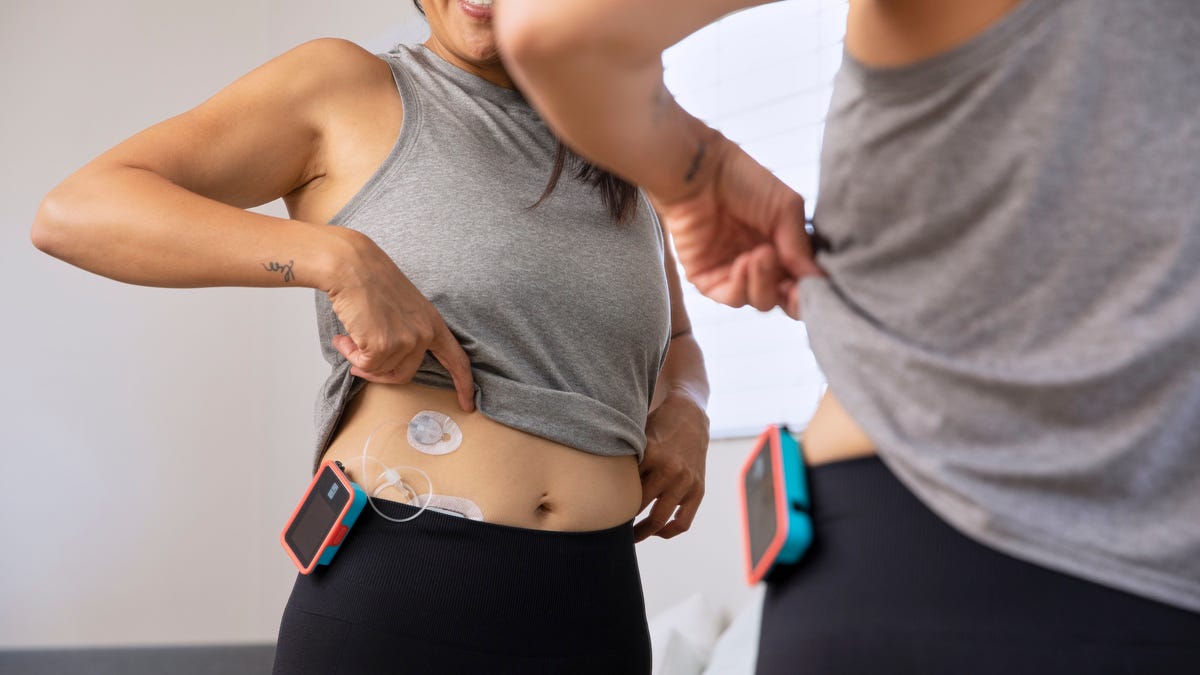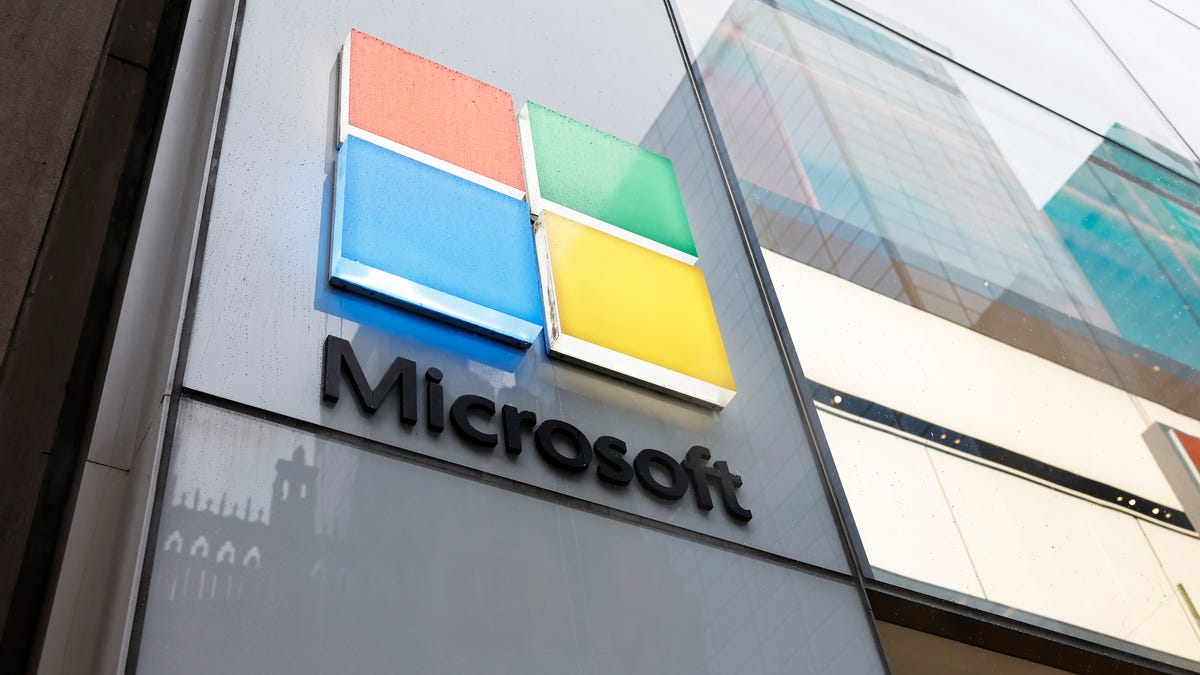Revolutionizing Diabetes Treatment: The Introduction of Artificial Pancreas Systems by the NHS
The National Health Service in England has recently made a groundbreaking announcement regarding the distribution of artificial pancreas systems to patients diagnosed with Type 1 diabetes. This innovative move, spearheaded by the government agency, marks a significant step forward in the realm of healthcare technology.
Implementation of the Program
The NHS has allocated a substantial sum of £2.5 million ($3.1 million) to local health systems in England with the purpose of identifying and enrolling eligible patients into this pioneering initiative. The program, set to be the first-of-its-kind globally, showcases the commitment of the NHS to provide cutting-edge medical solutions to those in need.
NHS National Speciality Advisor for Diabetes, Partha Kar, expressed his enthusiasm for the project by stating that, “This futuristic technology not only improves medical care but also enhances the quality of life for those affected.” This sentiment echoes the sentiment shared by many healthcare professionals and patients alike, heralding a new era of diabetes management.
Beneficiaries of the Program
Over the next five years, the NHS aims to distribute artificial pancreas systems to all eligible patients, of which there are approximately 300,000 individuals living with Type 1 diabetes in England. This significant number underscores the importance of such technological advancements in the field of healthcare.
On a global scale, the World Health Organization reports that there are an estimated 9 million individuals living with Type 1 diabetes. The impact of this program extends beyond national borders, showcasing the potential for widespread adoption and implementation of artificial pancreas systems worldwide.
The Functionality of Artificial Pancreas Systems
So, how does an artificial pancreas system operate and what sets it apart from traditional treatment methods? An artificial pancreas, also known as a closed-loop system, is specifically designed to address the needs of individuals with Type 1 diabetes, a condition characterized by insufficient insulin production by the pancreas.
Insulin plays a vital role in facilitating the entry of glucose into the body’s cells, providing essential energy for daily function. Without adequate insulin, glucose accumulates in the bloodstream, leading to various health complications. In contrast, Type 2 diabetes involves insulin resistance at the cellular level, necessitating different treatment modalities.
Traditionally, individuals with diabetes are required to monitor their glucose levels regularly and administer synthetic insulin through injections or pumps. The advent of artificial pancreas systems revolutionizes this process by utilizing a continuous glucose monitor and an insulin pump that work in tandem to regulate glucose levels and deliver insulin as needed.
While some user input may still be necessary, particularly regarding mealtime carbohydrate intake, the automated nature of artificial pancreas systems represents a significant advancement in diabetes care. The U.S. Food and Drug Administration paved the way for this technology in 2016, approving several systems for commercial use in the market.
With at least six artificial pancreas systems currently available in the U.S., the introduction of this innovative solution by the NHS signifies a monumental shift in diabetes treatment on a global scale. As healthcare technology continues to evolve, the integration of artificial pancreas systems offers hope and improved quality of life for individuals living with diabetes.
Image/Photo credit: source url





